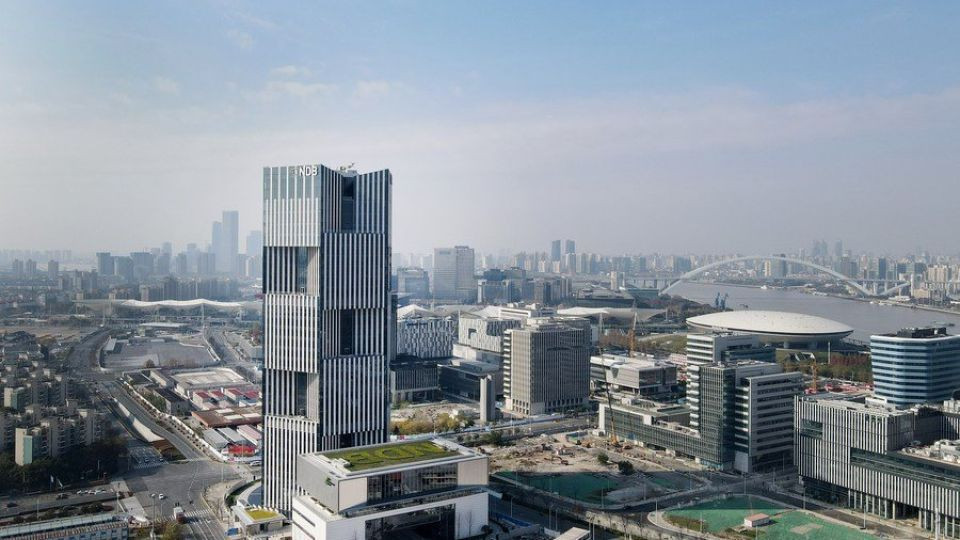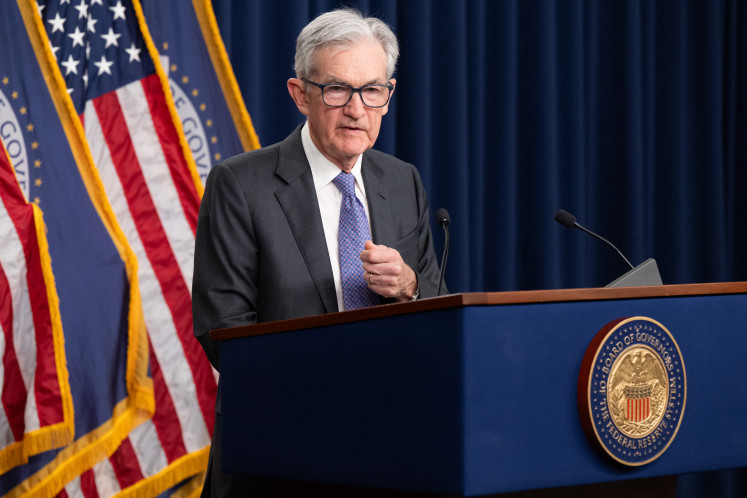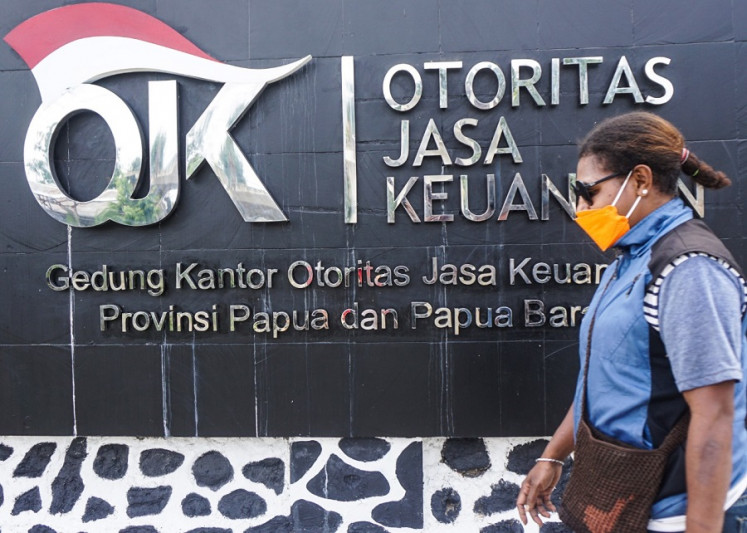Popular Reads
Top Results
Can't find what you're looking for?
View all search resultsPopular Reads
Top Results
Can't find what you're looking for?
View all search resultsBRICS development bank to play bigger role in Global South
Founded by Brazil, Russia, India, China and South Africa in 2014, the New Development Bank opened in July 2015, with its headquarters in Shanghai.
Change text size
Gift Premium Articles
to Anyone
W
hile the global economy is complicated by multiple challenges, including rising interest rates in developed countries and geopolitical conflicts, the New Development Bank should play a bigger role to safeguard the financial stability and economic growth of developing countries, said experts and officials.
Chen Dongxiao, head of the Shanghai Institutes for International Studies, said the oversimplified and confrontational narratives in the international community undermine global cooperation and development. Multilateral banks, like the NDB, should play a bigger role to help achieve sustainable development goals, especially among developing countries, and approach financing from a global perspective.
Zhu Jiejin, a professor at the School of International Relations and Public Affairs at Fudan University, said multinational banks established by developed countries usually include additional clauses that may impair the interests of developing countries. The NDB differs from these banks by focusing more on South-South cooperation.
Facing increasingly complicated and volatile international relations, the NDB’s importance has risen in terms of providing strong support to emerging markets and developing countries for their infrastructure construction and sustainable development goals. Investment and financing in local currencies, which is a priority for the NDB, will help to attain those goals, he said.
Yang Fan, chief policy analyst at CITIC Securities, agreed that traditional multinational banks have not helped stabilize the global financial market, given the fact that their actions and decisions are based on the US dollar in most cases. The NDB, whose foundation was a milestone under the BRICS cooperation mechanism, should expand local-currency settlements in the short term to further strengthen cooperation among its members and boost economic development, she said.
Dilma Rousseff, president of the NDB, said global financial stability, especially in emerging economies, has been hit hard by the weaponized US dollar, the aggressive interest spikes in the United States and the country’s rising debt ceiling. She made the comments in an interview with China Central Television aired on Friday.
This has complicated the situation in emerging economies, which already face the challenges of credit shortages, inaccessibility to the capital market and non-changeable currencies. But at the same time, they still need investment in infrastructure for transportation and digital networks to inject more job opportunities in the local markets and improve people’s living standards.
Therefore, the NDB aims to expand local-currency settlement among its members to optimize the financing environment and allow its member states to participate in the capital market in a deeper and more active manner, rather than to counter the US dollar, she said.
Local-currency settlement has been a major trend from the global perspective as the world is heading for multipolarization, Rousseff added.
By the end of the first quarter of this year, local-currency financing represented approximately 21.5 percent of the NDB’s portfolio. According to the bank’s 2022-2026 strategy released in May, 30 percent of its project financing will be denominated in the national currencies of its members.
In this way, developing economies will not have to experience repeated debt spikes due to the greenback’s extreme exchange rate fluctuations, said Rousseff.
Founded by Brazil, Russia, India, China and South Africa in 2014 with the purpose of mobilizing resources for infrastructure and sustainable development projects in emerging markets and developing countries, the NDB opened in July 2015, with its headquarters in Shanghai.
Aside from the five BRICS nations, the bank has included Bangladesh, the United Arab Emirates, Egypt and Uruguay on its list of members over the past few years. According to a Financial Times report in late May, the NDB is holding talks to admit Saudi Arabia as a new member.










